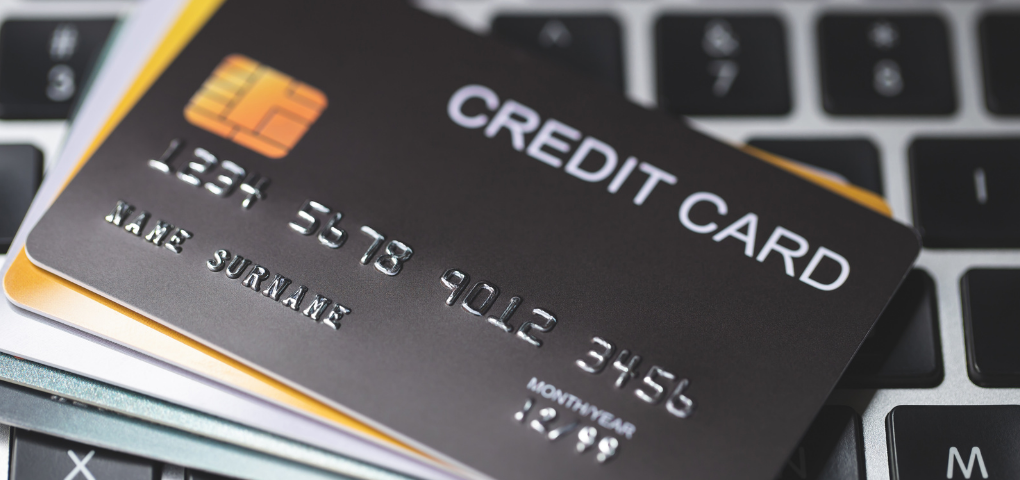Card issuers have your personal information on file, and they have the right to charge you interest charges as well as fees on your credit card. If a cardholder purchases something and doesn’t pay the balance in full promptly, the card issuer will charge interest on the unpaid balance. Interest rates range from 0.05 percent (on a $1,000 balance) to 20.0 percent (on a $10,000 balance).
Credit card providers generally issue cards with interest rates ranging from 15% (if you charge everything on a card that has no annual fee) to 48% (if you have a card with an annual fee). The amount you pay in interest depends on several factors, including your credit score, the type of card you have, and the amount you charge every month. Using a credit card responsibly also affects your overall interest rate. The higher your credit score, the lower your interest rate will be. If you pay off your bill on time every month, you can lower your interest rate even further. Moreover, if you fail to pay your credit card bills on time, then automatically your credit scores might be affected. It is essential to maintain an ideal score. Banks offer different types of loans based on your maintained score. Whatever the loan might be, a person or a business loan is approved based on these criteria.
Let us first define what credit card interest is.
It’s a mystery that everyone with a credit card, or even a charge card, has to deal with: interest charges. The interest rates that we owe on credit cards are just as mysterious as they are high. There are no federal rules regarding credit card interest rates, so each card issuer can set its interest rate, and each card issuer charges a different interest rate on different types of purchases.
Interest, which is the amount charged by a lender on a loan, is the most misunderstood aspect of credit cards. Interest is not a fee. It is a charge that increases the principal balance of your card. This means that if you use your credit card to buy something, such as groceries or gas, you will pay more than the amount you originally agreed to pay. If you make regular payments, you will pay an amount equal to the interest you pay as a portion of your total credit balance.
How does credit card interest work?
Banks’ interest rates for credit cards are so high (you can be charged more than 10% of every balance you carry) because they can and do make a lot of money from you. If you are new to credit cards, you may be surprised to learn that card issuers profit from interest rates not much lower than the ones you pay on your credit cards. Credit card interest rates are often as high as cash advance transaction fees! Why is this? Interest rates are based on the daily balance of your credit card balances. As long as you can pay off those balances by the due dates, your interest rate will be 0%. However, if the due dates don’t pay off your balances, you will be charged interest on the unpaid balances.
Good credit card interest
Understanding the credit card interest rates is important. It means that you can decide to pay your credit card bill in full every month, or you can spread it over time and make regular payments. Understanding the benefits of this strategy is the difference between getting a good credit card and a credit card that is costing you money. However, you should also be aware that you do have the option to take bad credit loans, so understand how it works.
Paying off credit card debt
When you don’t pay off a credit card bill on time, the charged interest rate can be quite high, which can also affect your credit score. And a bad credit score may prove to be a barrier should you ever want to get a loan similar to this Rhode Island FHA loan, or buy a car or a property. To avoid this, however, you can choose an interest rate wisely. Apparently, the easiest way to see this is to look at the annual percentage rate (APR), which is how much interest you will pay on your card. If you were to make all your payments on time and never miss a payment, the APR would be 0%, but the APR can be as high as 18% if you make any late payments. Of course, there tend to be firms that can make it possible to buy a property or car even with poor credit scores (like buy here pay here, for example), but they can have slightly higher interest rates. And those not willing to pay a high rate of interest should try to maintain a good credit score.
Credit cards are a convenient way to store money and pay for everyday costs. But the interest rates that you pay on your credit card balance can be high, especially after you make a large purchase. You might have bills, such as a mortgage, student loans, or car loans. Or you might have credit cards, including a credit card secured with a home equity loan on your home. No matter how your credit card debt is structured, it can add up to a lot of money over time.




